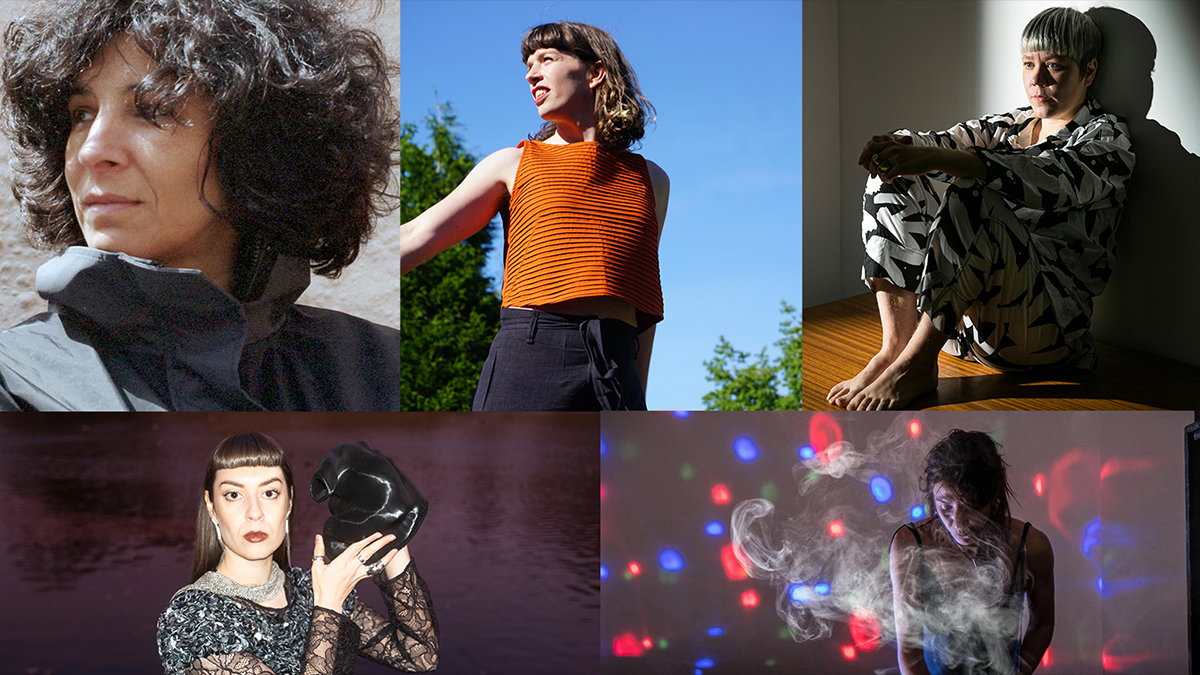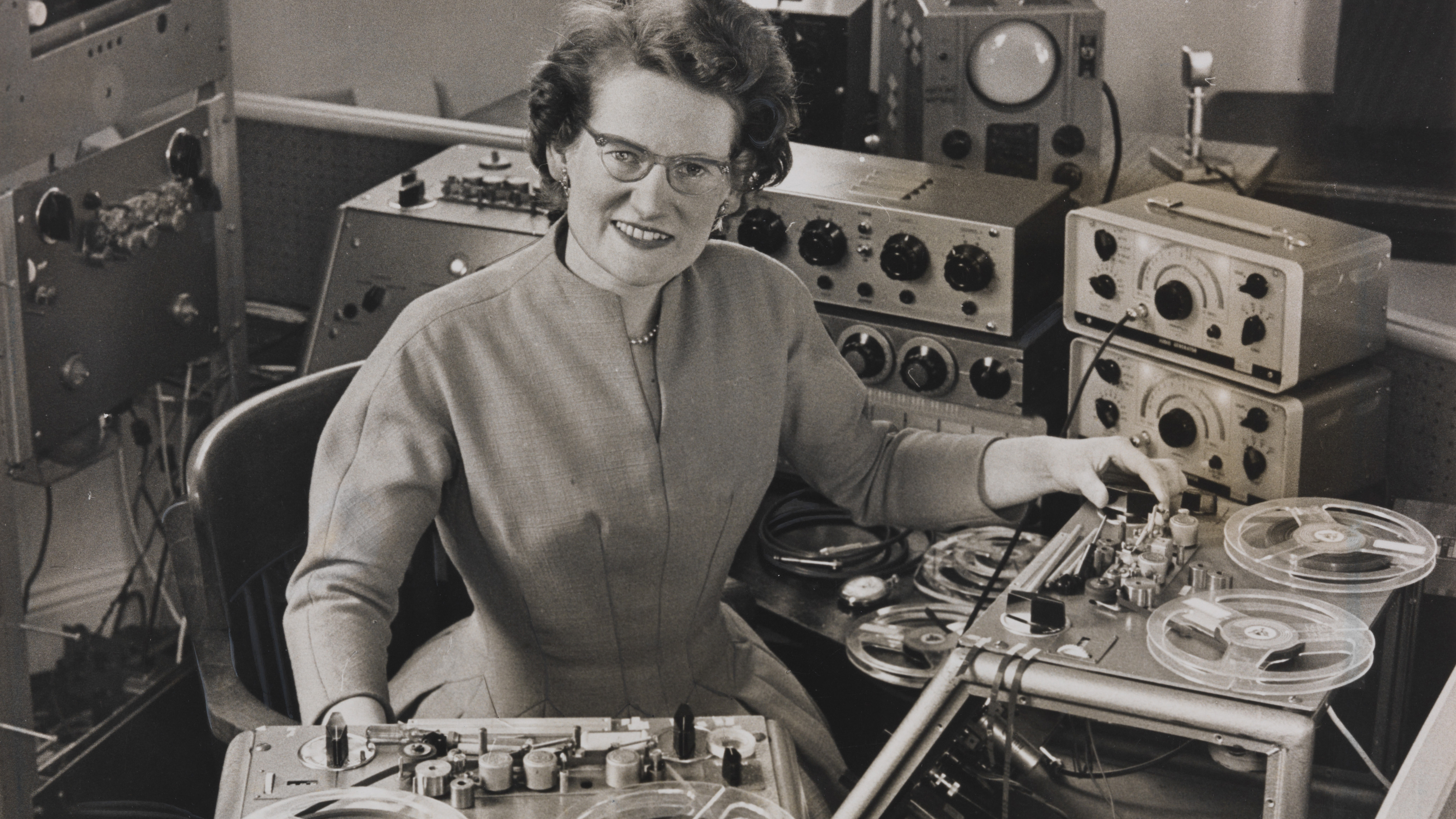“We were blown away by the level of risk-taking”: The UK’s female, non-binary and trans music tech community is hailed as “thriving”
As this year’s winners of the Oram Awards are unveiled, organisers express optimism about the increasingly healthy outlook of gender diversity in the UK’s independent music scene

This year’s winners of the Oram Awards – recognising women, trans, non-binary and gender expansive artists who are pushing the envelope of creativity in sound, music and related technology – have been announced.
The winning five artists were named as Dali de Saint Paul, The Silver Field, Hanna Tuulikki, Lola De La Mata and xname.
Each winner receives a grand in bursary funding and access to the Oram Awards’ mentoring programme.

The awards, developed in partnership with The Radiophonic Institute and PRS Foundation, is the namesake of audio pioneer Daphne Oram, one of the founding members of the BBC Radiophonic Workshop, creator of the Oramics machine and some even say, a proto-techno-musique-concréte foremother.
It’s in Oram’s boundary-pushing spirit that today’s nominees continue to push the envelope, with this year’s winners embracing everything from electronic wave-plucking machines, tape-loop tapestries to Auto-Tuned ornithology.
Some of the winners are recognised in line with Oram’s work as a developer of new technologies: London-based Italian musician Eleonora Oreggia is the puppetmaster behind REBUS, a novel musical machine that can be played by plucking electromagnetic waves.
Elsewhere, East-Midlands-based musician Coral Rose Kindred-Boothby performs on self-built instruments, alongside modular synthesis and live vocal manipulation.
Want all the hottest music and gear news, reviews, deals, features and more, direct to your inbox? Sign up here.
Other winners are recognised for their novel conceptual sound design: British-Finnish artist Hanna Tuulikki tells stories about the biospheric crisis via field recordings and samples; while Liverpool’s Lola De La Mata explores chronic illness by means of “disrupting the embodied etiquette of classical music performances”.
Finally, putting aside electronics, Dali de Saint Paul has developed a name in Bristol's improv scene and is recognised for powerful and innovative use of voice as an instrument in its own right.
To watch these artists in action, as well as participate in the usual accompanying synthesis workshop, go along to this year’s showcase on Saturday 12th October. This year the show has been relocated from London to Sheffield, as part of the No Bounds Festival. For tickets, see their site.

